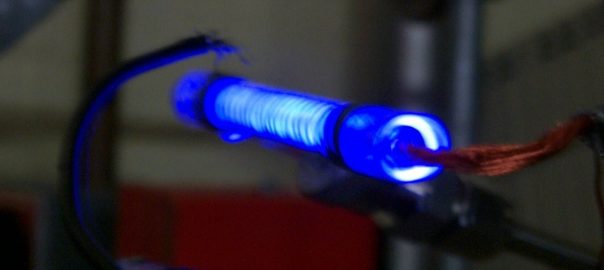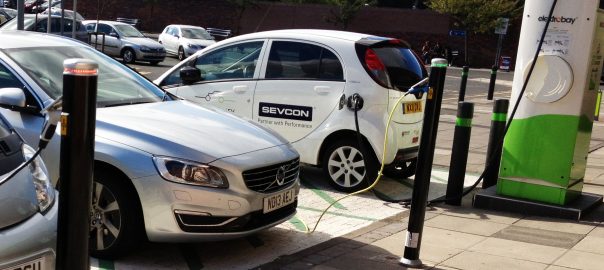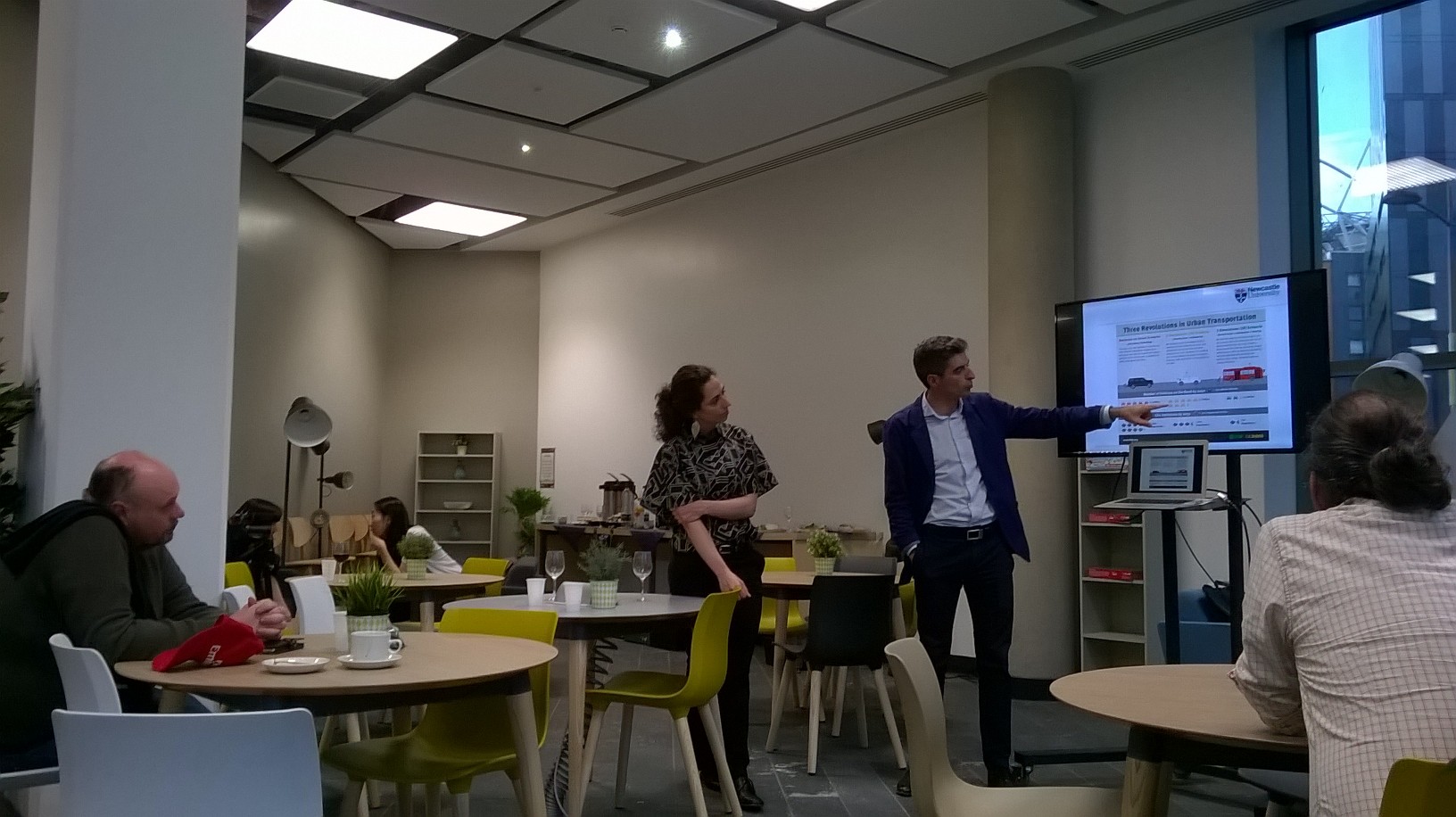Plastic wastes are a global problem. If you’ve been following the series of environmental horror stories in the media this year you know exactly what I mean. It’s bunk.
Even undiscovered species living in the deepest parts of the ocean are contaminated with plastic. Because humans bioaccumulate plastic from the environment, especially animals we eat from the sea like fish, we are sadly far from safe in this rather disturbing cycle.
At the time of writing there is no safe threshold for consuming plastics and research on whether eating plastic in certain quantities has ill health effects is ongoing. Time will tell. But in the meantime here’s an idea that may interest you:
We could prevent the majority if not all (optimistic here) waste plastics from entering the land and sea by using them as a resource.
How? One of the answers may lie in the ever so humble ‘cold plasma’.
Now before you turn your nose up and decide ‘that’s way too gross for me to handle right now’. I’m not talking about blood plasma. I’m referring to the fourth state of matter that we humans call plasma. Most of the matter in the universe is in fact plasma. I will save this epic tale for another time, but I encourage you to read about plasma here.
Ok, to put it simply, physicists define plasma as an ‘ionised gas’. But wait…I thought it was something different? It is, because in plasma electrons break free from their atoms and become highly energised. And once they do they are capable of amazing things like (wait for it) breaking down plastics into things that people use, which goes a step beyond ‘recycling’.
Continue reading Making plastic waste history with cold plasma


